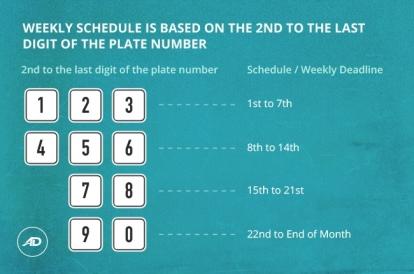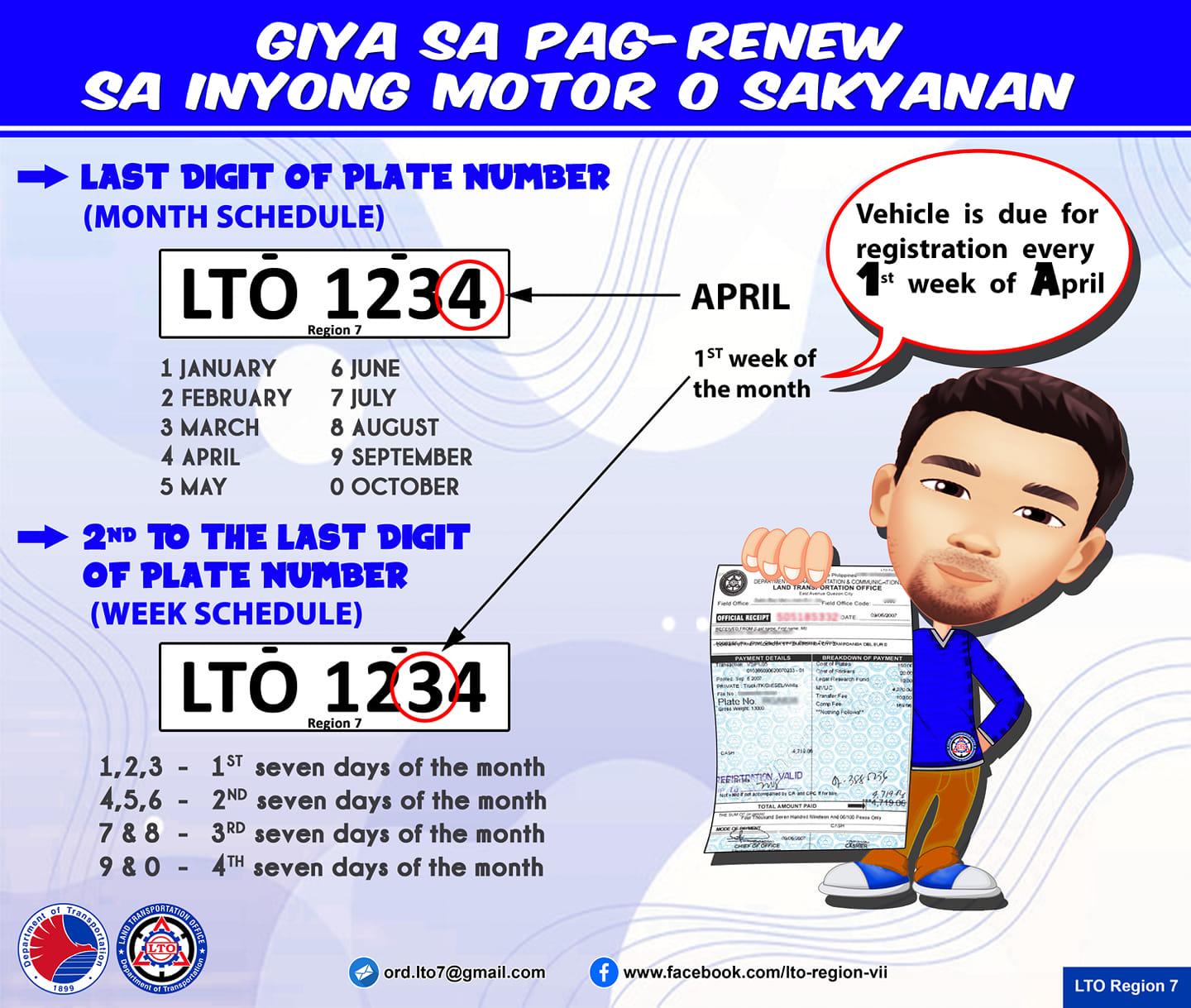How Many Years Is The Validity Of Motorcycle Registration?
If you own a motorcycle, one of your key responsibilities is ensuring your bike is properly registered. A common question among motorcyclists is, how many years is the validity of motorcycle registration? The answer can vary depending on your location and local laws, but understanding registration validity is essential to avoid fines, legal issues, and disruptions in your ride.
Understanding Motorcycle Registration Validity
Motorcycle registration is the official documentation that proves your vehicle is authorized to be driven on public roads. This registration has an expiration date and must be renewed periodically. The duration of the registration validity is typically set by your state or country’s department of motor vehicles (DMV) or equivalent authority.
Typical Duration of Motorcycle Registration Validity
While the specifics can vary, here’s a general overview:
| Region / Country | Validity Duration | Renewal Options |
|---|---|---|
| United States (most states) | 1 year | Annual renewal with potential multi-year options |
| Canada | 1-2 years | Renewal every 1 or 2 years depending on province |
| United Kingdom | 1 year | Annual renewal via DVLA; some options for 3 years |
| Australia | 1-3 years | Varies by state; multi-year renewals common |
| Other countries | Varies | Depends on local laws and regulations |
As the table shows, most motorcycle registration validity periods range from one to three years, with annual renewal being the standard in many regions. It’s important to verify your local DMV or transport authority’s guidelines because late renewals may result in penalties.
Factors That Affect Motorcycle Registration Validity
Your motorcycle registration timeframe can be influenced by several factors, such as:
- Local laws and regulations: Regional traffic authorities set rules for registration periods and renewal requirements.
- Type of motorcycle: Some states differentiate between motorcycles based on engine size or vehicle type.
- Renewal method: Online renewals, mail renewals, or in-person renewals might offer different valid periods.
- Special registrations: Vintage or classic motorcycles might have separate registration rules.
How to Check Your Motorcycle Registration Expiry Date
To avoid missing your renewal deadlines, it’s crucial to know where to find your motorcycle registration’s expiry date:
- Physical registration card or certificate: Your valid registration document will have the expiration date clearly marked.
- License plate stickers or tags: Many states issue renewal stickers on the plate indicating expiration.
- Online portals: Most DMVs provide online tools where you can input your vehicle details to check the registration status.
Benefits of Keeping Your Motorcycle Registration Up to Date
Renewing your motorcycle registration on time offers several advantages:
- Legal Compliance: Avoid hefty fines, impoundment, or legal penalties by ensuring your bike is properly registered.
- Insurance Coverage: Many insurance policies require current registration to maintain coverage.
- Resale Value: A motorcycle with up-to-date registration holds better resale value.
- Peace of Mind: Enjoy riding without worrying about being stopped by law enforcement for expired documents.
Practical Tips for Renewing Motorcycle Registration
Here are some helpful tips to keep your motorcycle registration active and hassle-free:
- Set reminders: Use calendar alerts to remind you a month before your registration expires.
- Consider multi-year renewals: Many states offer multi-year options which can save you time and money.
- Check for fees: Be aware of late fees or penalties that may apply if you renew past the expiration date.
- Confirm required documents: Have your insurance, ID, and motorcycle details handy for the renewal process.
- Renew early: Don’t wait until the last minute to renew, especially if renewal requires in-person visits.
Case Study: Impact of Late Motorcycle Registration Renewal
John, a motorcycle enthusiast in California, neglected to renew his registration on time. As a result, he was stopped by police during a routine check and fined $200 with additional court costs. This incident not only affected his finances but also led to increased insurance premiums. John has since committed to renewing his registration early every year and opted for automatic email reminders from the DMV, preventing any future lapses.
Frequently Asked Questions (FAQs)
How long does a typical motorcycle registration last?
A standard motorcycle registration usually lasts 1 year. However, some jurisdictions offer 2 or 3-year registration options.
Can I renew my motorcycle registration online?
Yes, many states and countries offer online renewal services, making the process convenient and fast.
What happens if I don’t renew my motorcycle registration on time?
You may face fines, penalties, vehicle impoundment, or difficulty passing inspections.
Are there any exceptions for classic or antique motorcycles?
Some regions provide special registration categories with differing validity periods for these types of motorcycles.
Conclusion
Understanding how many years motorcycle registration is valid is crucial for every motorcyclist. While the duration commonly ranges from one to three years depending on where you live, the key is to stay proactive in renewing your registration on time. Not only will you avoid legal troubles and penalties, but you will also ensure your motorcycle remains insured and road-legal. Use reminders, explore multi-year renewal options, and always check your local DMV guidelines to stay on top of your motorcycle registration requirements.
By keeping your registration up to date, you can enjoy your ride with full peace of mind and focus on the road ahead!








